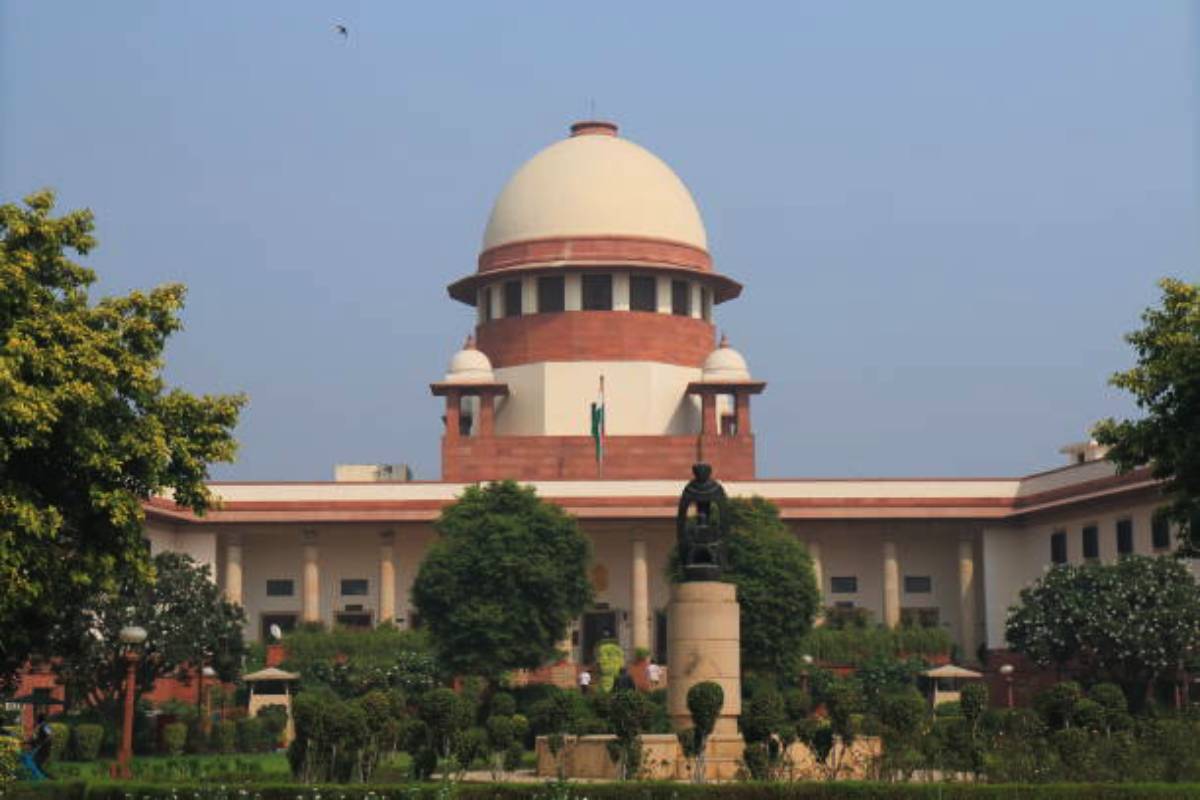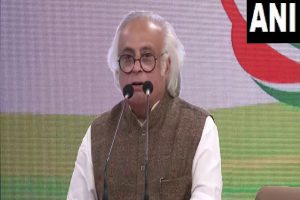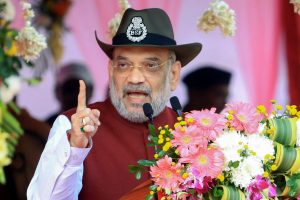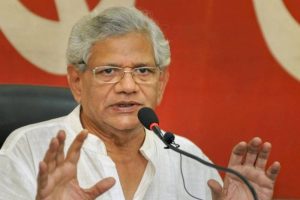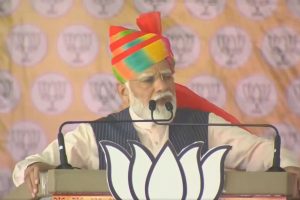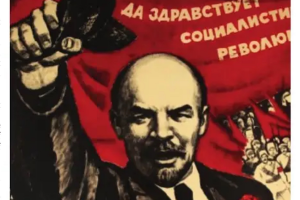The Central government on Friday informed the Supreme Court that it was contemplating to bring a “comprehensive” amendment to the Code of Criminal Procedure to deal with the hate speech and hate crime, as court said the visual media has to act more responsibly keeping in view the rights of the viewers and TV debates should be not be one sided but balanced.
Additional Solicitor General K M Nataraj told a bench of Justice K M Joseph and Justice B V Nagarathna that the Centre has sought inputs from the states to address the issue and it involves a legislative exercise and would go to the parliament.
It all depends, what you are going to do about, bring law or amend criminal procedure code, Justice Joseph said pointing out that in our country it is not that we don’t have laws to deal with the issue but “what is required is will and pure heart” to enforce them.
As ASG Nataraj said that there is sufficient mechanism of checks and balances, Justice Joseph said that “the checks and balances are not enforced in a manner where it should produce results.”
“There is fear in everyone and nobody wants to stick one’s neck out,” Justice Jospeh said as the bench was told that if police was not registering a case, then the complainant can approach the police. The lawyer referred to the apex court judgment in Lalita Kumar case in support of his submission.
To buttress his point of fear ruling the people, Justice Joseph cited a recent incident where a senior police officer was brutally attacked in the presence of a crowd.
Justice Nagarathna lamented that we have had television in our country for decades now but there is no authority to regulate it like the Press Council of India (PSI) is for the print media. The court made it clear that it was not in favour of any governmental interference in the media matters.
ASG Natraj told the bench that instead of dealing with individual instances of hate speech or hate crimes, the court should focus on broad issues of concern in the matter.
The hearing that lasted over an hour saw the bench airing its concerns over the way anchors conduct themselves during live telecast of the debates where certain panelists are kept muted throughout and some get disproportionately lion share of time.
Observing that it was the anchors, editors and the management that controls the content of a programme, Justice Joseph said, “You can’t have bias. You can’t have a one sided programmer. If freedom of expression is exercised with an agenda, then you are not swerving the people but someone else.”
The bench said it is the right of the people who are viewing the programme that has to be guarded and that of the panelist or that of the anchor. It referred to the recent incident of a person accused of urinating on a lady passenger on an aircraft, bench said that the person is an undertrial and media cannot denigrate him.
Issuing notice to Haryana, Rajasthan, and Maharashtra on the incidents of hate speech and violence, the court gave them three weeks’ time to respond and posted the matter for hearing after four weeks.

